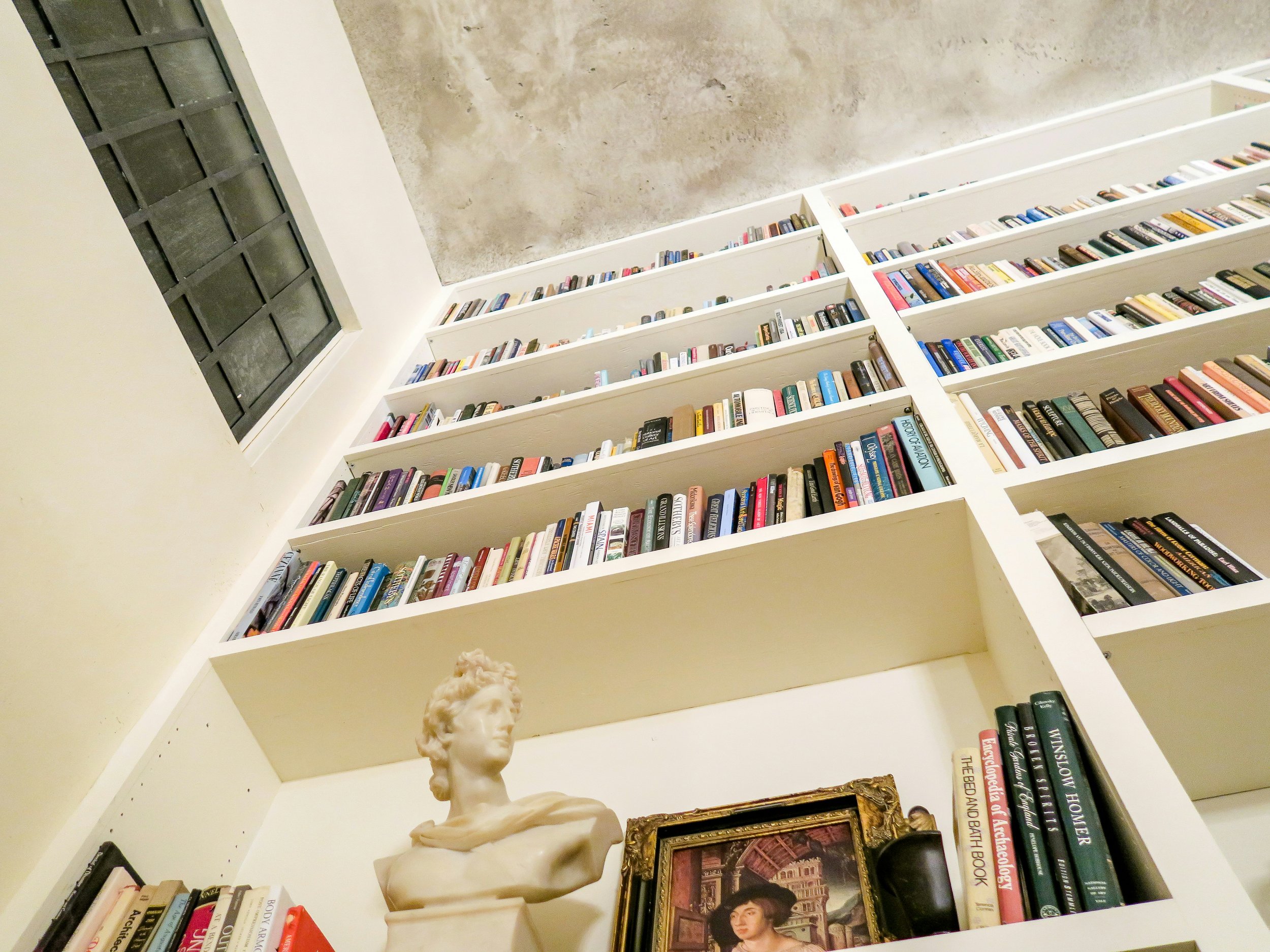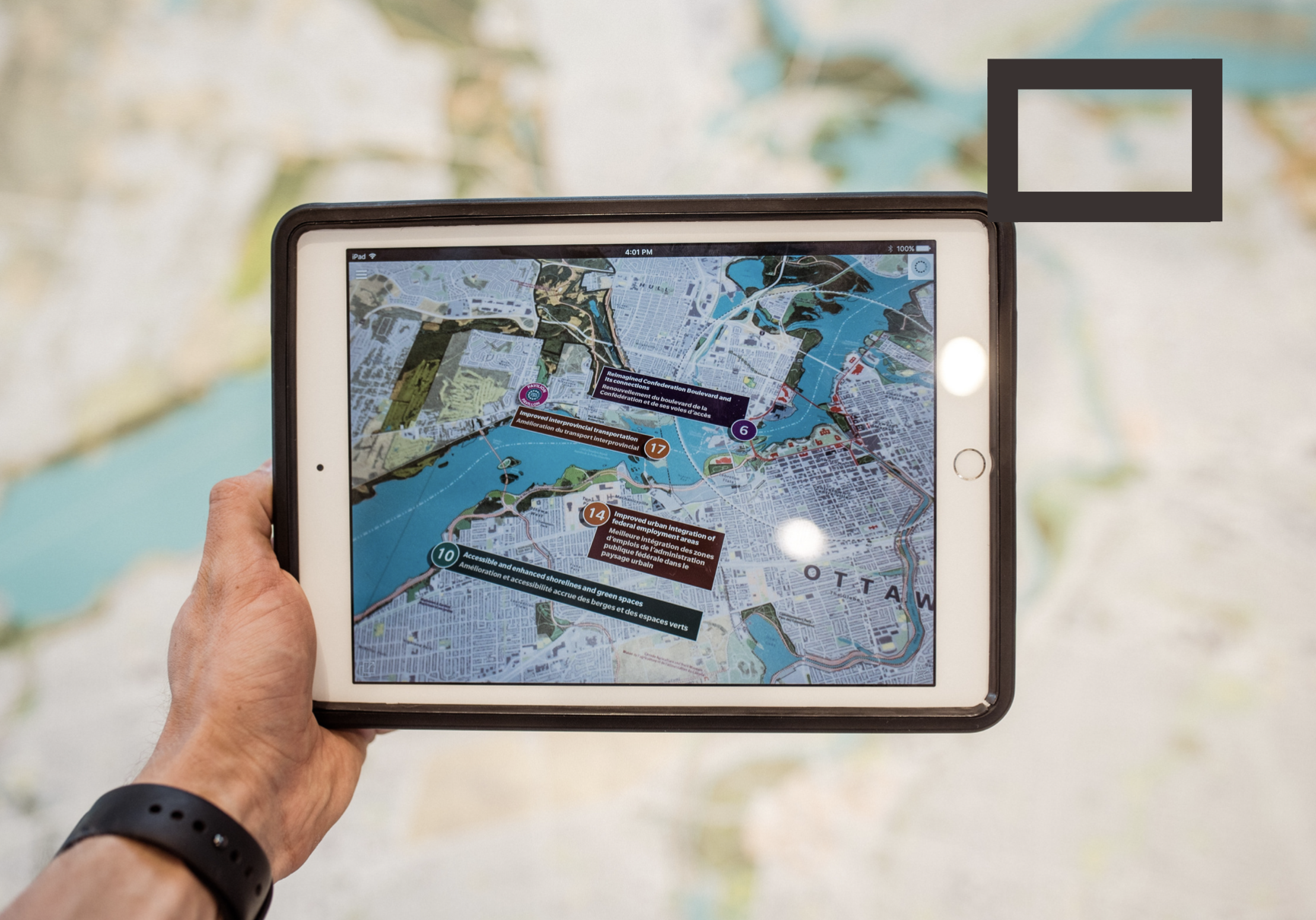A tribute to the curiosity, method and high-quality curation by The Corporate Rebels!
I came across the Corporate Rebels in 2016 as I was doing research on Frederic Laloux. The moment I read the story where they are eating carbonara pasta with Frederic Laloux I was hooked. And after learning more about their ambition and project to “make work more fun” I became a regular reader of their blog.
So, when I learnt they were coming all the way to Australia I knew this was an opportunity not to be missed. And on August 22nd 2017 I was privileged to spend a full day with Joost Minnaar, Pim de Morree, and Freek-Jan Ronner for “a practical, interactive and inspiring workshop on how to build a workplace people love”.
Now that the dust has settled on this workshop I want to share my key take-aways from a rebellious day in Melbourne. A tribute to their curiosity, method and high-quality curation.
But if you are impatient to learn about alternative corporate practices or ready to join the Corporate Rebellion, then head straight to the Corporate Rebels website. I promise I won’t be offended.
1. Value: Curiosity
When Pim de Morree graduated as an engineer and joined the workforce in the Netherlands, he was quickly disappointed.
“I was just not excited to come to work to create shareholder value” Pim de Morree
His partners Joost and Freek-Jan have similar stories to tell, stories that resonate with a new generation that is yearning for purpose, for impact on the world and finds no meaning in working for organisations that can’t articulate their purpose and can’t demonstrate how they contribute to creating a better world.
But then what?
While many in the past - and many still do today - have accepted that this frustration is just part of growing up and finding its place in society, our young rebels decided to trust their curiosity and, from scratch, they designed a different career path for themselves.
For them, frustration led to questioning: What are the most inspiring work places? What do they do differently? What can we learn from them? And how could this benefit us and everyone else?
When I work with Executives on the design and acceleration of corporate innovation, curiosity is one of most critical values we try to develop and often re-introduce in their organisation. The Corporate Rebels story is a great example of how curiosity can help you climb out of the dark, sad, uninspiring place you fell into. And curiosity can become this driving force in an adventure where you explore new territories, and end up creating value you had no idea was within your reach.
2. Method -> Meetings: bucket list
On that August morning in Melbourne, the Corporate Rebels introduced themselves by simply saying that they run a website and publish blog posts twice a week.
And at its core, the method the Corporate Rebels follow seems to be made of three key elements: a bucket list, a website and a rhythm of regular publication.
Where does the inspiration for those regular posts come from?
When they were disappointed with their first job, they created a bucket list of inspiring people and companies they’d like to meet. And they regularly add to it, based on recommendations from people they meet.
“Everything we do is based on our bucket list” Pim de Morree
Simple rules but efficient enough. The bucket list helps them bring focus and ambition to their activities, the “twice a week” rule maintains the rhythm they chose, and the website makes sure their learnings are public, shared with the world and subsequently can benefit a community of like-minded people.
On its own, curiosity is already a powerful force, and once coupled with a method and bit of discipline it can quickly become unstoppable.
Not convinced yet?
It wouldn’t be the first-time regular blogging enabled breakthrough thinking to emerge.
For instance, Alex Osterwalder used to run a blog called the “business model alchemist”, back in 2004, i.e. long before he became a global thought leader on strategy and innovation, and the author of best-selling books Business Model Generation and Value Proposition Design.
Eric Ries also started with a blog called “startup lessons learned”, back in 2008, way before he became he global thought leader on entrepreneurship, and the author of bestselling books The Lean Startup and The Startup Way.
3. Curation
As a busy employee, manager or executive, where would you go for inspiration on alternative corporate practices?
Sure, there are plenty of resources spread out on the web, many inspiring companies, blogs, websites. There are also excellent books, and a few people you’d probably like to interview.
But selecting the key ideas, new frameworks, emerging practices, must-read articles, books, insightful experts, etc. to meet is hard work. And getting familiar with those resources or meeting those experts is very time-consuming, resource-intensive and intellectually demanding.
“Curation: using acts of selecting, refining and arranging to add value.” Michael Bhaskar
“Curation” adds immense value already first because it does the hard work most of us will never have time to do.
And curation reinforced by synthesis and sense-making can create a powerful engine to make those hard to find, revolutionary ideas on alternative corporate practices available to anyone yearning to contribute to, manage and lead a 21st century organisation.
The Corporate Rebels have been doing this hard work of curation for years now, and they have committed themselves to the even harder work of synthesis and sense-making as they reflect on the practices to make work more fun, the framework(s) for real business transformation, creating an incredible wealth of resources just a few clicks away on their website.
See for instance THE 8 HABITS OF COMPANIES YOU WISH YOU WORKED FOR, with embedded stories of those trailblazing companies showing us the way on some of the most important transitions in our corporate world.
The impact of their curation and sense-making work was demonstrated for me in the Corporate Rebels nomination for a Thinkers50 Breakthrough Idea Award in 2017. They didn’t win the coveted award(*) but such an awesome achievement to have been nominated already.
I was truly inspired by how Pim and Joost set themselves free from social norms, workplace norms and were able to turn the disheartening negative experience of their first job into this positive collective Corporate Rebels adventure to “make work more fun”.
How did they manage that 180 degrees shift?
1. They trusted their genuine and sustained curiosity,
2. They found and followed a simple method,
3. They committed themselves to curation and publishing everything they learn on alternative corporate practices.
Those were my key take-aways from that day in Melbourne. I left the workshop inspired by the incredible journey those simple ideas well executed enabled for those Corporate Rebels.
They are not your usual, marketed, business gurus. They are wanderers on a quest to meet the leaders reinventing the way people work together. On a quest to inspire all of us with their stories and the nuggets of wisdom they share with such great generosity.
Now if we started acting on the insights they share, imagine for a second the new world of work we could create…
Why not start here and now?
“What sets inspiring companies from others is doing” Pim de Morree
Note: (*) Since I first published this article in 2017 The Corporate Rebels have received the RADAR award from Thinkers50 in November 2019 and published a book Corporate Rebels. Make Work More Fun













